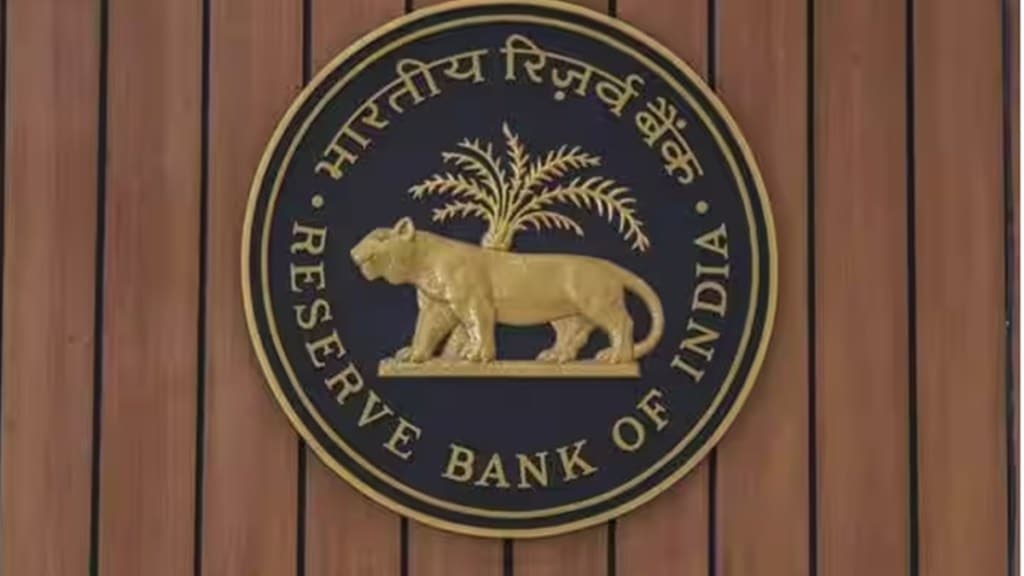– By Abhishek Bisen
The Reserve Bank of India’s (RBI) Monetary Policy Committee (MPC) is scheduled to meet from October 4-6, 2023 to review the country’s monetary policy. The MPC’s decision will be announced on October 6, 2023. RBI’s MPC is expected to maintain status quo on key rates when it shares the outcome of the MPC meeting on October 6. The benchmark policy repo rate is currently 6.50 per cent. It is also likely to maintain the stance of “withdrawal of accommodation” amidst inflation remaining elevated though expected to ease in near term, higher interest rate yields in developed markets especially U.S., volatile and elevated crude oil prices and region-wise inequal distribution of monsoon in India.
On the global front, over the past two years, the global economy has experienced high inflation and tightening monetary policy. It seems that most central banks are close to the end of the tightening cycle with FED (Federal Reserve) and BOE (Bank of England) keeping interest rates unchanged at 5.25-5.50 per cent and 5.25 per cent respectively in their latest policy decision.
US 10-year bond yields have been trading at highest levels since 2007 as markets are factoring in rates staying higher for longer amidst strong U.S. growth data, strong jobs data and FED’s focus on bringing inflation further down. Oil prices eased marginally recently and have remained elevated over the last three months. U.S. dollar index is also rising and rallied to above 106 in September, highest in 10 months. Both higher oil prices and strengthening U.S. dollar are putting pressure on emerging market currencies including Indian Rupee.
All of these are pushing the timeline for interest rate cuts in the developed market towards the second half of next year. Further, headwinds from uncertain geopolitical scenarios remain.
In Indian context, CPI inflation moderated to 6.83% YoY in August 2023 from a high of 7.44 per cent in July 2023. RBI has kept the key repo rate unchanged at 6.5 per cent in the last three monetary policy meetings. RBI has projected CPI inflation at 5.4 per cent for FY24. The RBI has cumulatively raised interest rates by 250 basis points since May 2022 in an effort to control inflation. The RBI in its last statement had outlined that “while inflation has moderated, the job is still not done”. The RBI also highlighted that “inflationary risks persist amidst volatile international food and energy prices, lingering geopolitical tensions and weather-related uncertainties.”
Though the rainfall deficit has narrowed in September, food inflation risks from monsoon remain in the coming months among erratic rainfalls and region-wise unequal distribution of monsoon. Elevated oil prices, though eased in the last few days, are also a risk to inflation and have created some pressures on both the current and capital account.
According to last monetary policy, RBI is expecting India’s real GDP to grow at 6.5 per cent in FY24, making India one of the fastest-growing major economies in the world. However, concerns about slowing global growth and higher interest rates globally can lead to a slowdown in Indian economic activity.
J.P. Morgan Chase & Co. decided to include India in J.P. Morgan Government Bond Index–Emerging Markets Global Diversified Index (GBI-EM GD) with a 10 per cent weight cap and the index suite (benchmarked to the GBI-EM family of indices) in a staggered manner over a 10-month period, beginning June 28, 2024. This can enhance the liquidity and ownership base of G-secs (currently <2 per cent) and help the country finance its fiscal deficit and overall, Balance of Payment.
We are expecting a status quo on the stance of “withdrawal of accommodation”. The key thing to watch out for is commentary/ actions around liquidity. The banking system liquidity continues to remain in deficit; however, core liquidity is more than Rs 2 lakh crores.
In our opinion, against the above backdrop, the continued decline in vegetable prices in September, and core disinflation should support the RBI pausing its rate hikes in October, although risks from higher oil prices and erratic monsoon remain. We believe that the rate hike cycle has likely peaked out and the next policy move is expected to be a rate cut in CY24.
(Abhishek Bisen is the head of fixed income & fund manager at Kotak Mahindra Asset Management Company.)
(Disclaimer: Views expressed are personal and do not reflect the official position or policy of Financial Express Online. Reproducing this content without permission is prohibited.)

